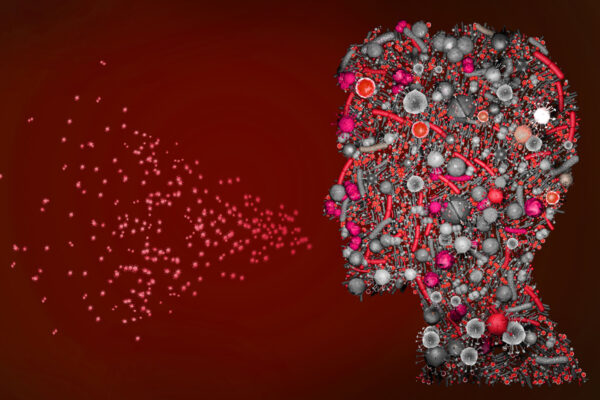States that emphasized non-pharmaceutical interventions (NPIs), such as distancing and mask wearing, fared better in curbing the spread of COVID-19, finds a forthcoming study from the Brown School at Washington University in St. Louis.
“Our results clearly suggest that implementation of policy strategies did have significant impact on the spread of COVID-19,” said Timothy McBride, the Bernard Becker Professor and co-author of the paper forthcoming in the Annals of the American Association of Geographers.
The study employed a set of hierarchical models to evaluate how state governments used scientific evidence to balance fighting the spread of COVID-19 with socioeconomic, racial, social justice and other demands. The authors modeled the relationships between five non-pharmaceutical intervention strategies and COVID-19 caseload information.
The five strategies modeled in the paper were stay-at-home order/advisory; restaurant and bar limit (closure or outside dining only); large gathering ban (no more than 10 people); non-essential business closure; and mask-wearing mandate.
The results suggest that governmental attitude and guidance informed the public’s response to the pandemic.
“While preventing the spread of the global pandemic is supposed to be a scientific investigation, the reality is that science and politics are often mixed in devising local policies,” the authors wrote.
“We hope the results from this study will not only provide practical policymaking support for state governments on the ongoing fight against COVID-19, but also create a platform for discussion regarding the delicate balance between fighting a global pandemic and maintaining socioeconomic normalcy.”
Co-authors on the paper include Shenyang Guo, the Frank J. Bruno Distinguished Professor of Social Work Research, and Ruopeng An, an associate professor, both at the Brown School, along with Yuanyuan Yang, PhD student at the Brown School and Linyun Fu, PhD student at University of Chicago. Danlin Yu from Montclair State University is the lead author.


